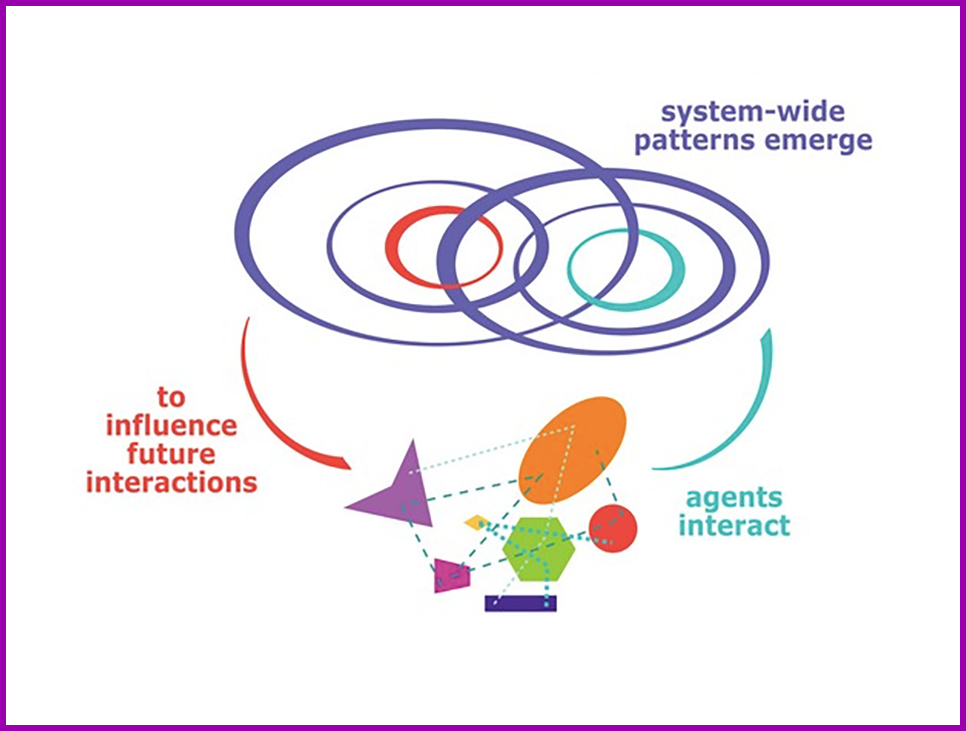Call Us
(612) 998-3545
Address
PO Box 1626, Bemidji, MN 56619
Hours of Operation
Mon. - Fri.: 9:00 am - 5:00 pm
Participatory learning and capacity building for thriving and liberation
(612) 998-3545
PO Box 1626, Bemidji, MN 56619
Mon. - Fri.: 9:00 am - 5:00 pm

Programs do not exist in a vacuum; however, our traditional ways of understanding and evaluating programs typically place a premium on linear models of program theory with limited attention being paid to the complexities of boundaries, levels of interaction, and nested contexts.
The field of evaluation has recognized this disconnect. The discussion and use of systems concepts in evaluation practice to address complexity in social change initiatives has increased dramatically in the last few years. Systems approaches explicitly examine systems through the core concepts of boundaries, interactions, and perspectives and the resulting patterns. These patterns provide clues as to what can be influenced to drive a system in a desired direction.
Based on staff training and experience in other projects, we often utilize a blended approach using Developmental Evaluation (developed by Michael Quinn Patton) and Human Systems Dynamics (developed by Glenda Eoyang) when working in situations of complexity. Both approaches support creating streamlined data collection enterprises that support cycles of ongoing or “rapid feedback” so that key parties at multiple levels can receive real-time information that is actionable.

Complex Adaptive System